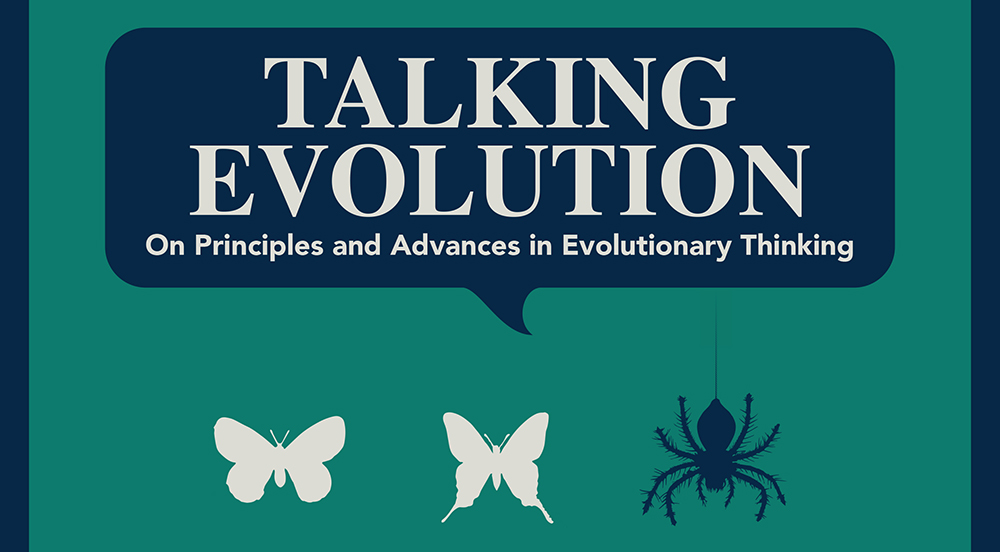Speaker
Description
This talk will have two parts. In the first, I will provide a brief general introduction to the logic and objectives of the extended evolutionary synthesis (EES). I will describe why it was proposed, how it can be of service, and why expanded inheritance, developmental bias, plasticity and niche construction were selected as foci. I will go on to briefly sketch what it is about each of these topics that leads some researchers to believe a broader causal structure for evolutionary theory might be useful. The EES should be regarded as a benign initiative, and a means to an end rather than an end in itself; it is a distortion to portray it as a (call for) paradigm shift or attack on evolutionary biology. In the second part I will draw on my own research into human evolution to illustrate how bias, plasticity, expanded inheritance and niche construction are all now commonly thought to have played important roles. I will conclude by suggesting that different evaluations of the importance of these foci in part stem from alternative conceptions of development, which vary substantially across academic fields.

